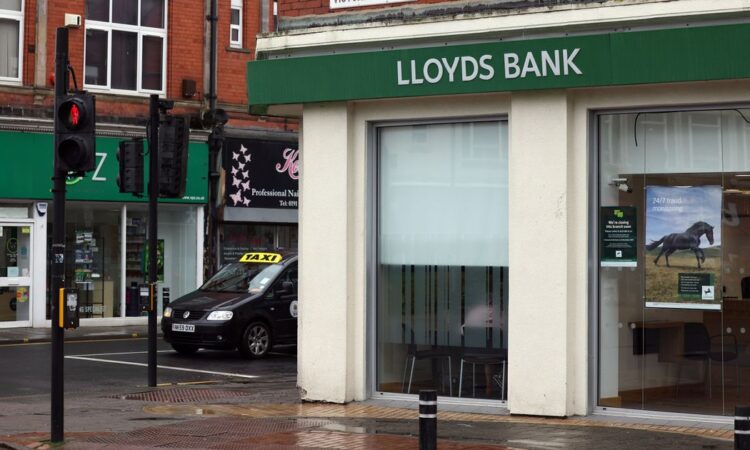
Lloyds Bank has issued an urgent warning to all customers ahead of the summer months.
The UK banking giant is urging people to be vigilant after spotting a worrying trend. It comes ahead of Taylor Swift embarking on a UK tour this June, for the first time in six years.
Lloyds bosses said fans of Taylor Swift are being targeted by a wave of concert ticket scams flooding social media, with a “surge” in fraud cases from those buying tickets for the upcoming Eras Tour.
READ MORE: Martin Lewis explains who does and doesn’t have to pay inheritance tax
READ MORE: Pete Waterman’s life forever changed by Liverpool trait as he says he wants to be buried up north
Since tickets went on sale in July last year, more than 600 Lloyds Banking Group customers have come forward to report being scammed. The average amount lost by each victim was £332, though in some cases it was more than £1,000.
Lloyds estimates that across the UK there are likely to have been at least 3,000 victims since tickets went on sale, with more than £1m in total being lost to fraudsters so far.
More than 90% of reported cases start with fake adverts or posts on Facebook, which includes Facebook Marketplace. A search of Facebook revealed dozens of unofficial groups have been set up, many with tens of thousands of members, specifically for people looking to buy and sell tickets for Taylor Swift concerts.
Likewise Facebook Marketplace has various listings for tickets at venues all over the country.
How a ticket purchase scam works
- Purchase scams happen when someone is tricked into sending money via bank transfer (also known as a Faster Payment) to buy goods or services that don’t exist.
- Ticket scams usually involve fake adverts, posts or listings on social media, offering tickets at discounted prices, or access to events which have already sold out at inflated prices.
- Victims are asked to pay upfront for the tickets, but once the payment is made, the scammers disappear. This leaves the buyer without the tickets and out of pocket.
- When tickets for an event are scarce, fraudsters know they can cash in on desperate fans willing to pay much more, by falsely claiming to have tickets for sale.
- There are often two waves of fraud; the first when tickets go on sale and the second around the time an event takes place.
People are being urged to only buy tickets from trusted retailers, and to take extra precautions when buying tickets from third-party sellers, and pay with a credit or debit card, or PayPal, rather than by bank transfer.. You should also be cautious on social media, and avoid deals that look too good to be true.
Receive newsletters with the latest news, sport and what’s on updates from the Liverpool ECHO by signing up here
Win £100 shopping voucher to celebrate the return of Aldi’s Next Big Thing





